Hey there,
As the warm seasons approach, mosquitoes can often overshadow the joy of spending time outdoors. These insects are annoying and can pose health risks by transmitting diseases. While chemical repellents are a common solution, they often come with concerns about their safety and environmental impact. Fortunately, nature offers a variety of plants that can help keep mosquitoes at bay, providing a natural alternative.
Mosquito-repelling plants are not only effective in deterring these insects but also enhance your garden with their beauty, fragrance, and additional benefits. These plants can be strategically placed in your garden, on patios, or even indoors to create a mosquito-free environment. Many of these plants can be easily grown in pots and boxes, making them accessible for those with limited gardening space.
In this post, we will explore 15 mosquito-repelling plants. You’ll learn about their unique properties, how to care for them, and even how to harness their natural oils and scents to create your own mosquito-repellent solutions.
This site contains affiliate links. I may earn a small commission, at no extra cost to you. I’d appreciate it if you can support me.
15 Mosquito-Repelling Plants
These plants can be strategically placed in your garden or around your home to help keep mosquitoes at bay naturally.
1. Citronella (Cymbopogon winterianus)
Known for its strong scent, it’s one of the most common ingredients in mosquito repellents. Grows well in large pots. Ensure it has enough space to spread.
2. Lavender (Lavandula angustifolia)
Its fragrant flowers and foliage are known to keep mosquitoes away. Thrives in pots with good drainage and plenty of sunlight.
3. Marigold (Tagetes spp.)
The plant contains pyrethrum, an ingredient used in many insect repellents. It can be easily grown in pots, making them versatile for any garden space.
4. Catnip (Nepeta cataria)
Studies have shown it to be more effective than DEET in repelling mosquitoes. The plant grows well in containers but should be pruned regularly to control its spread.
5. Rosemary (Salvia rosmarinus (formerly Rosmarinus officinalis))
Mosquitoes dislike the woody scent of this herb. It’s ideal for containers and prefers well-drained soil and full sunlight.
6. Basil – (Ocimum basilicum (especially Ocimum basilicum citriodorum for lemon basil))
Particularly lemon basil or cinnamon basil is known to repel mosquitoes. Perfect for pots, easy to maintain on windowsills or patios.
7. Lemon Balm (Melissa officinalis)
The plant contains high levels of citronellal, a compound mosquitoes dislike. It can be grown in pots, but like catnip, it needs regular pruning to control its spread.
8. Peppermint (Mentha × piperita)
The strong scent is a deterrent for mosquitoes. Best grown in pots to prevent it from taking over the garden.
9. Garlic (Allium sativum)
The strong smell of garlic keeps mosquitoes away. Suitable for container gardening, and needs deep pots for root development.
10. Sage (Salvia officinalis)
When burned, the scent of sage repels mosquitoes. Does well in pots with good drainage and plenty of sunlight.
11. Pennyroyal (Mentha pulegium)
The plant is known for its mosquito-repelling properties, though it should be used with caution due to its toxicity to pets and humans in large amounts. Best grown in pots to control its spread and for ease of management.
12. Geranium (Lemon-scented) (Pelargonium odoratissimum)
Specifically the lemon-scented variety, which contains citronellal. Thrives in pots, can be moved indoors during colder months.
13. Bee Balm (Monarda didyma)
The strong aroma of bee balm can help repel mosquitoes. It can be grown in large containers and needs good drainage and plenty of sunlight.
14. Thyme (Thymus vulgaris (especially Thymus citriodorus for lemon thyme))
Particularly lemon thyme, which contains higher amounts of mosquito-repelling compounds. Perfect for container growth, it requires well-drained soil and full sun.
15. Eucalyptus (Eucalyptus citriodora)
The oil from eucalyptus leaves is commonly used as an ingredient in mosquito repellents. The plant can be grown in large pots and requires full sun and well-drained soil.
Grouped for Companion Planting
Here you can find a grouping of mosquito-repelling plants based on their compatibility for planting next to each other.
1. Citronella, Marigold, Bee Balm
These plants can thrive together in a sunny garden bed and help each other repel mosquitoes.
2. Lavender, Rosemary, Sage, Thyme
These are Mediterranean herbs that enjoy similar soil and sunlight conditions.
3. Basil, Lemon Balm, Geranium (Lemon-scented)
These can be planted together in an herb garden with plenty of sun and well-drained soil.
4. Peppermint, Catnip, Garlic
These plants can be planted together but should be monitored for aggressive growth, especially peppermint, and catnip which can spread quickly.
5. Eucalyptus, Pennyroyal
Both prefer well-drained soil and sunny spots. Pennyroyal needs to be monitored due to its invasive nature.
By grouping these plants appropriately and utilizing pots and boxes, you can create an effective mosquito-repelling garden that suits your space and needs.
Do you hate mosquitos but love bees, butterflies, and hummingbirds? This post is for you: How to Create a Container Garden for Pollinators? | Bloom and Boughs
Now that you know what plants successfully repel mosquitoes, it’s time to take action. Let’s see how we can use these plants.
How to use these plants to make mosquito repellent?
1. Lavender – Lavender Oil
- How to Make:
- Harvest fresh lavender flowers.
- Dry the flowers completely.
- Fill a jar with the dried lavender flowers.
- Pour a carrier oil (like almond or olive oil) over the flowers until they are completely covered.
- Seal the jar and place it in a sunny spot for 1-2 weeks, shaking it daily.
- Strain the oil through a cheesecloth into a clean bottle.
- Usage: Apply directly to the skin or use it in a spray bottle mixed with water.
2. Citronella – Citronella Oil
- How to Make:
- Harvest fresh citronella grass.
- Chop the grass finely.
- Place the chopped grass in a jar and cover with a carrier oil.
- Seal the jar and place it in a sunny location for 1-2 weeks, shaking it daily.
- Strain the oil through a cheesecloth into a clean bottle.
- Usage: Use in candles, sprays, or apply a diluted version directly to the skin.
3. Lemon Balm – Lemon Balm Spray
- How to Make:
- Harvest fresh lemon balm leaves.
- Boil 1 cup of water and pour it over 1 cup of lemon balm leaves.
- Let it steep until it cools completely.
- Strain the liquid into a spray bottle.
- Add 1 cup of witch hazel.
- Usage: Spray directly on the skin or around the area to repel mosquitoes.
4. Peppermint, Thyme, Geranium (Lemon-scented), and Eucalyptus – Oil
- How to Make:
- Harvest fresh peppermint leaves.
- Dry the leaves completely.
- Place the dried leaves in a jar and cover with a carrier oil.
- Seal the jar and leave it in a sunny spot for 1-2 weeks, shaking it daily.
- Strain the oil through a cheesecloth into a clean bottle.
- Usage: Apply directly to the skin or use it in a spray bottle mixed with water.
5. Rosemary – Rosemary Spray
- How to Make:
- Boil 1 quart of water.
- Add 1 cup of dried rosemary to the boiling water.
- Remove from heat and let it steep for 30 minutes.
- Strain the liquid into a container and add 1 cup of witch hazel.
- Pour the mixture into a spray bottle.
- Usage: Spray directly on the skin or around the area to repel mosquitoes.
6. Basil – Basil Spray
- How to Make:
- Boil 1 cup of water.
- Add 1 cup of fresh basil leaves.
- Let it steep until it cools.
- Strain the liquid into a spray bottle.
- Add 1 cup of vodka or witch hazel.
- Usage: Spray directly on the skin or around the area to repel mosquitoes.
These natural mosquito repellents can be a great alternative to chemical-based repellents, providing both effectiveness and a pleasant scent, and easy DIY projects for the whole family.
Do you need a nice, glass dropper bottle for your oils? Choose this from Amazon!
Do you know that glass is better for essential repellents? Choose these glass spray bottles!
Conclusion
Choosing mosquito-repelling plants in your garden or home is a natural, effective, and eco-friendly way to keep these bothersome insects at bay. From the soothing scent of lavender to the robust aroma of citronella, each plant offers unique properties that help create a more enjoyable and mosquito-free environment. By strategically planting and utilizing these plants, you’ll be able to reduce the need for chemical repellents. Embrace these natural solutions to protect yourself and your loved ones, and enjoy the warm seasons without the nuisance of mosquitoes.

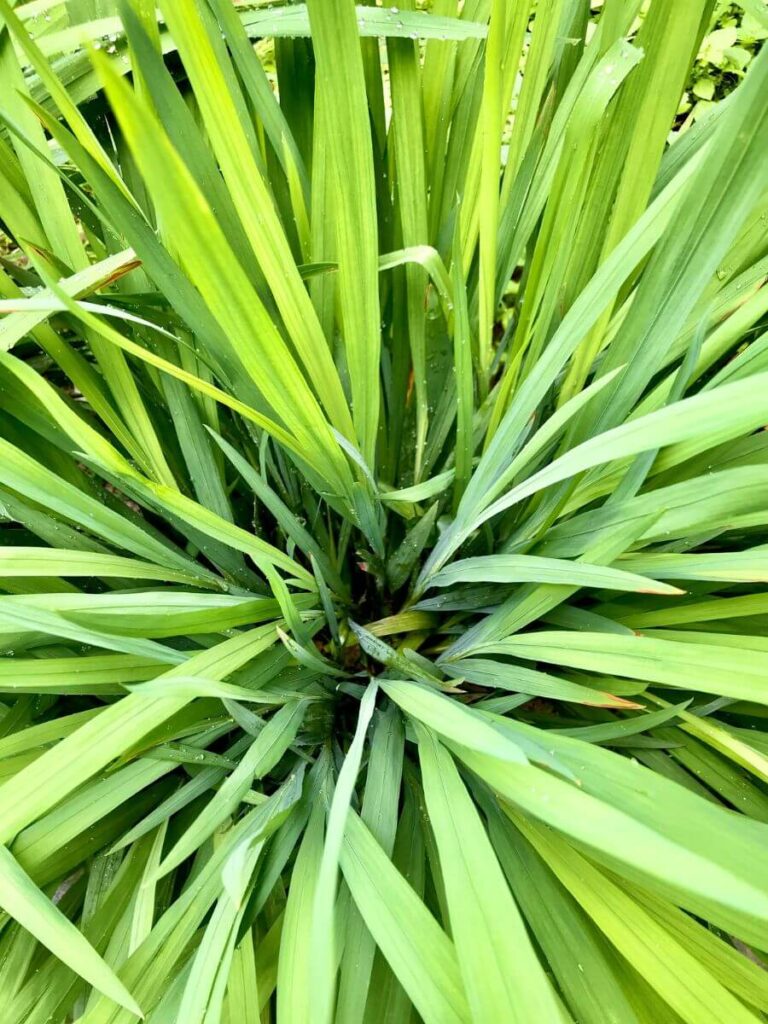

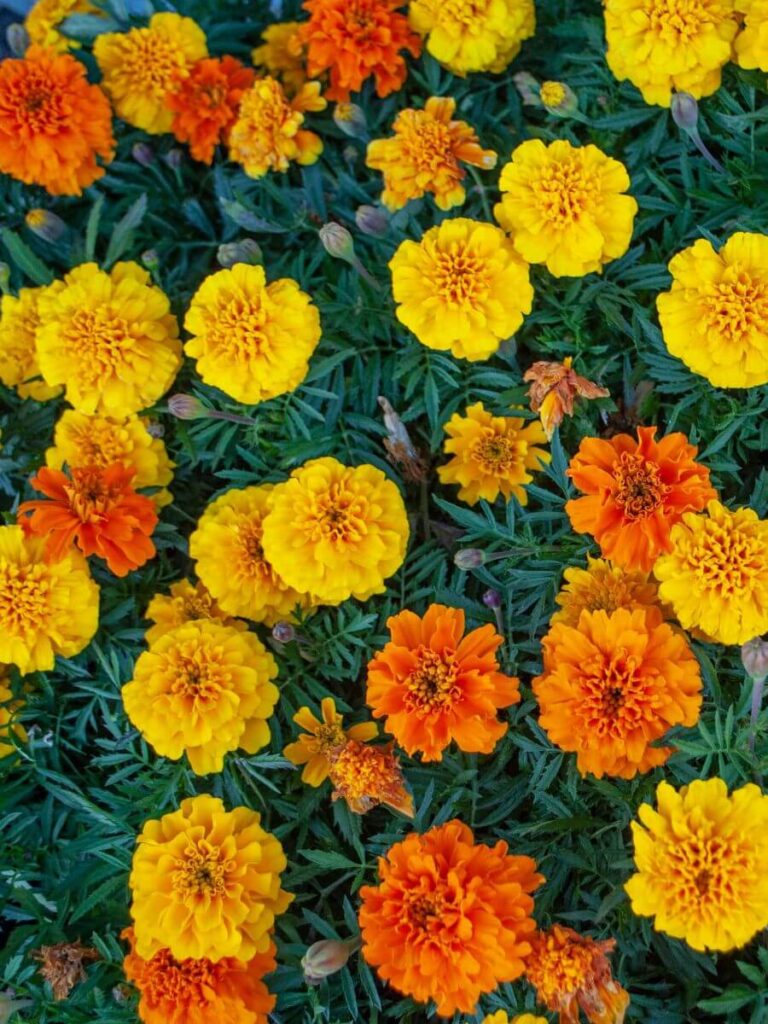
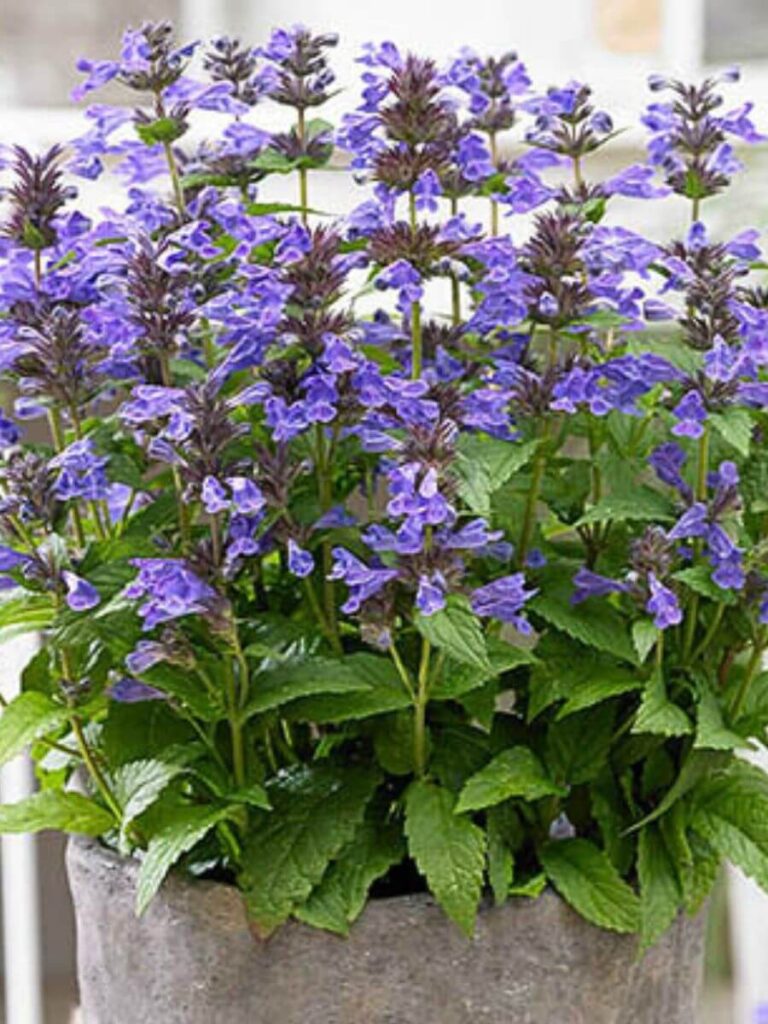
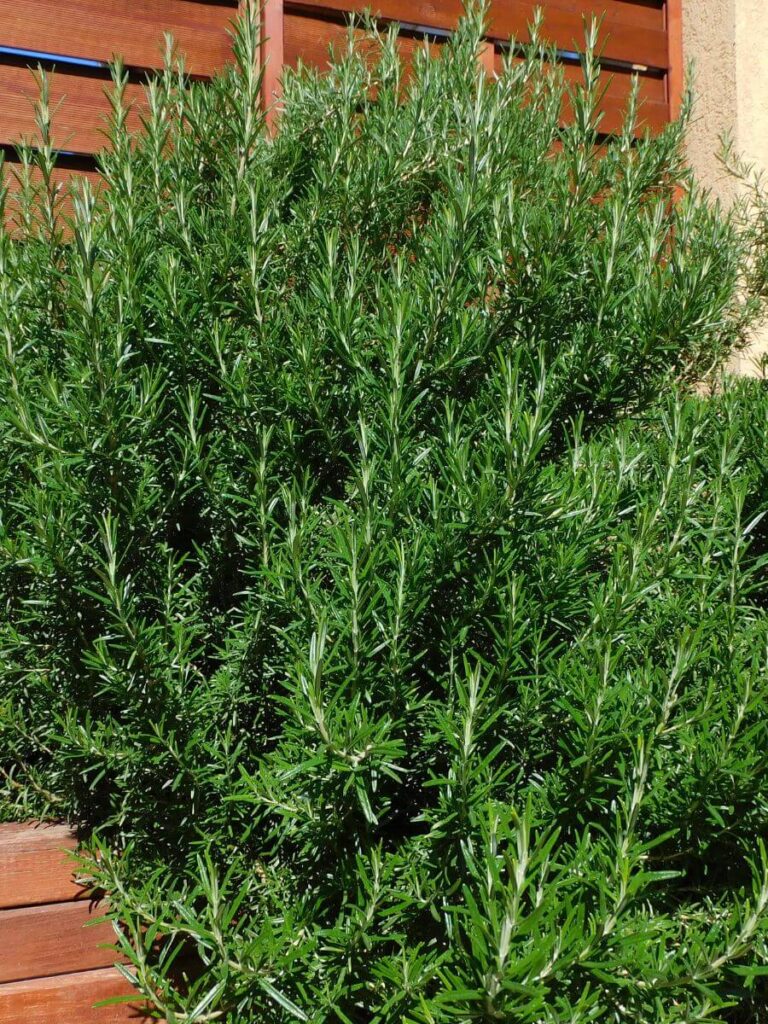
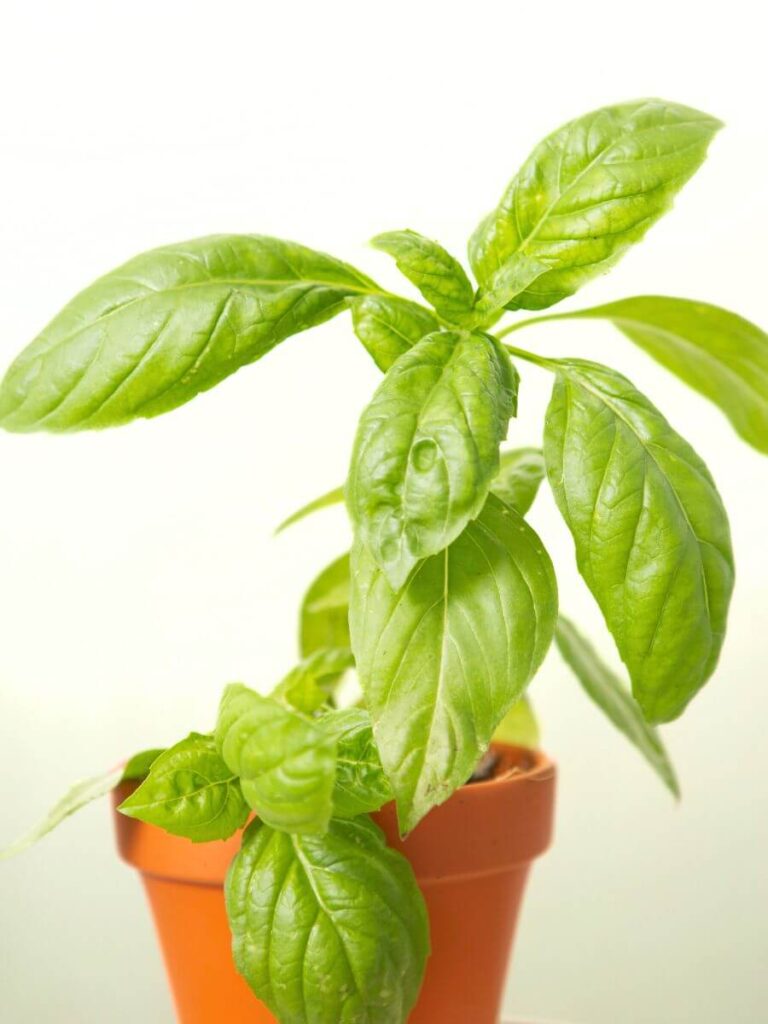
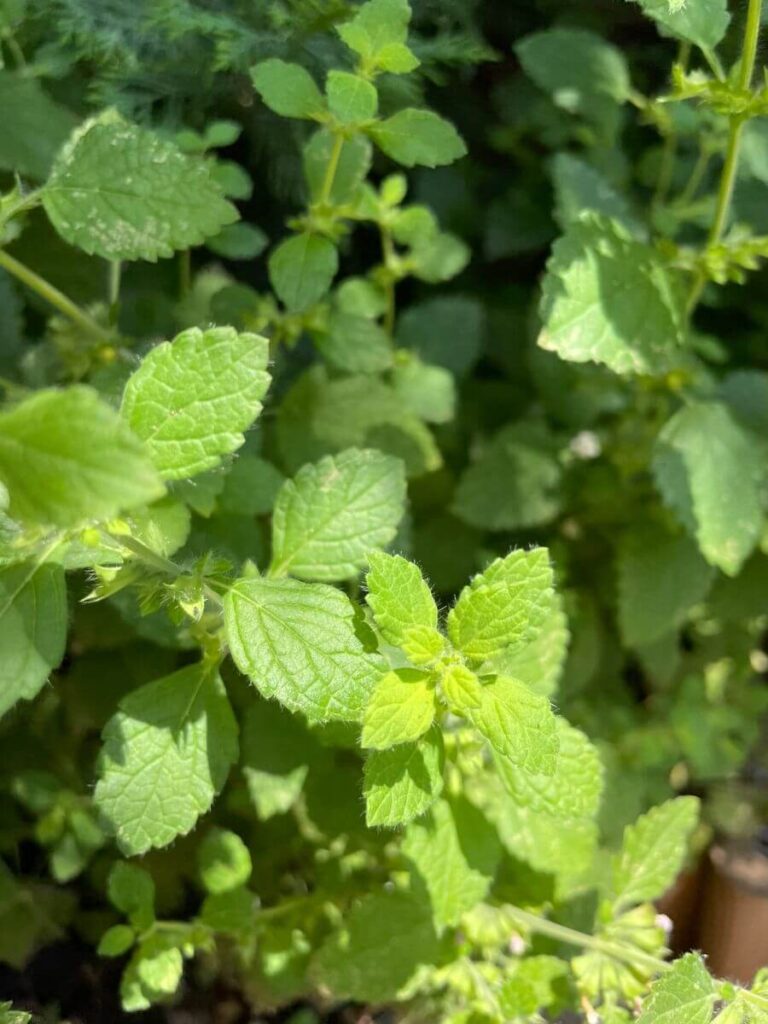
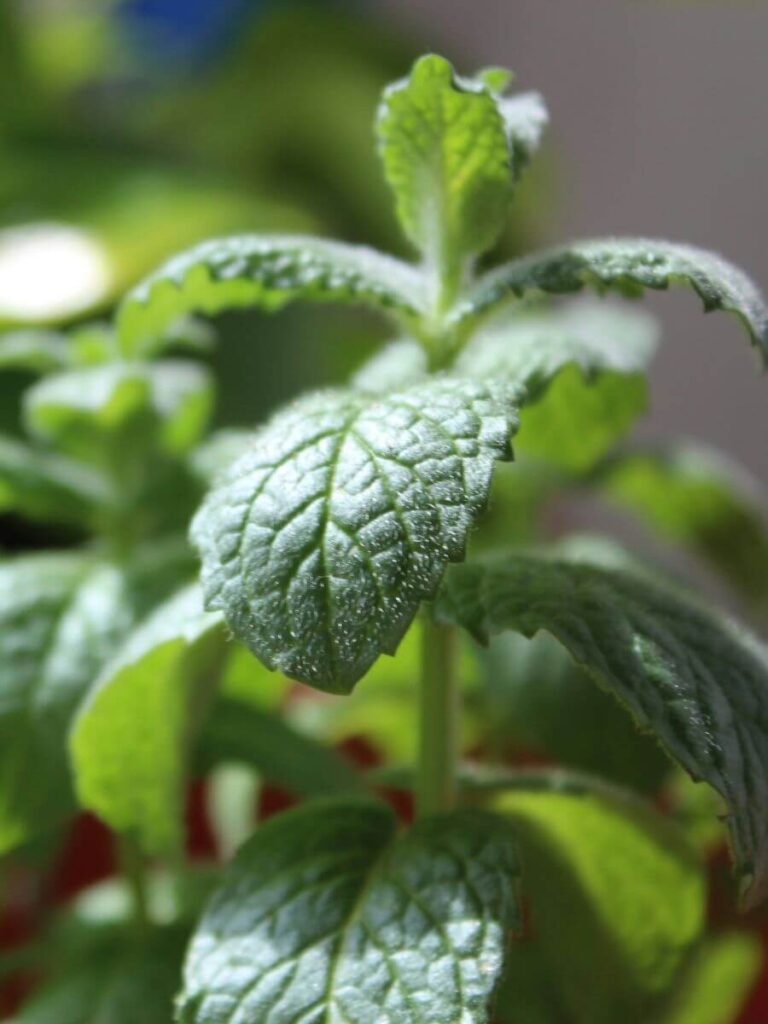
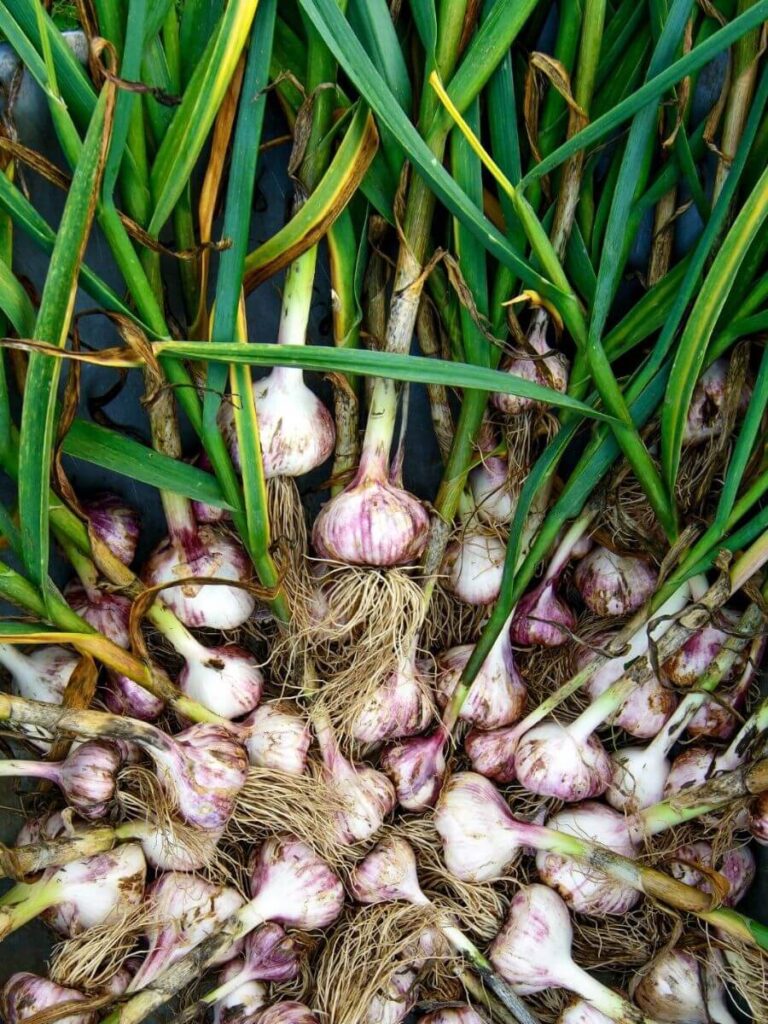

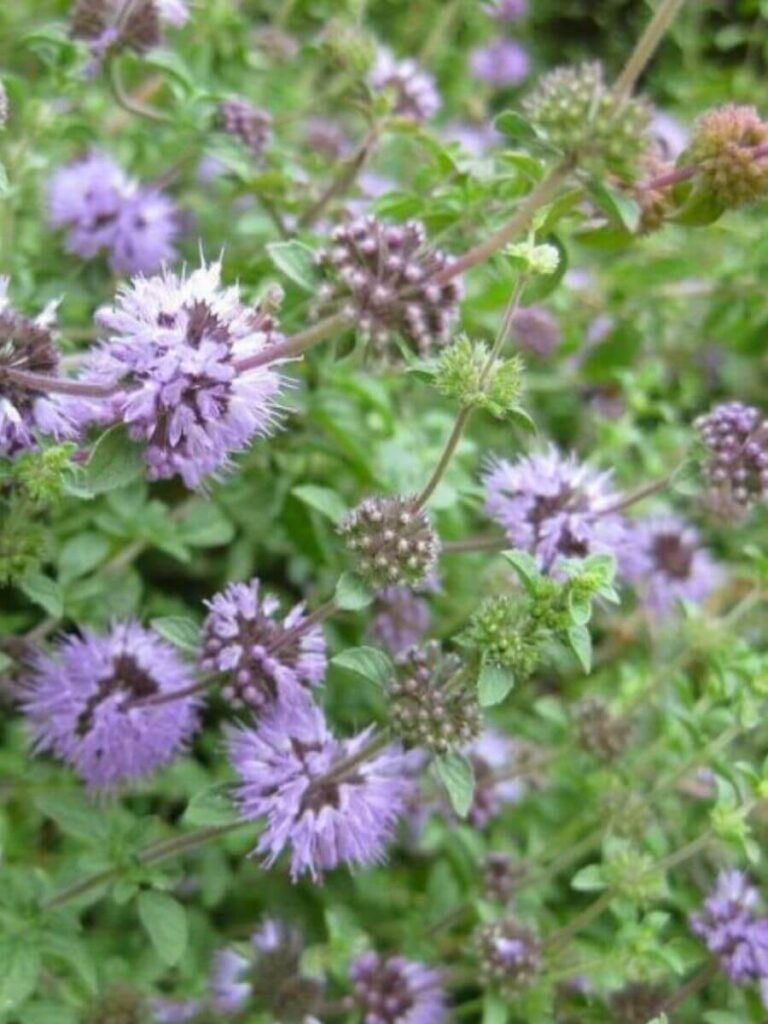
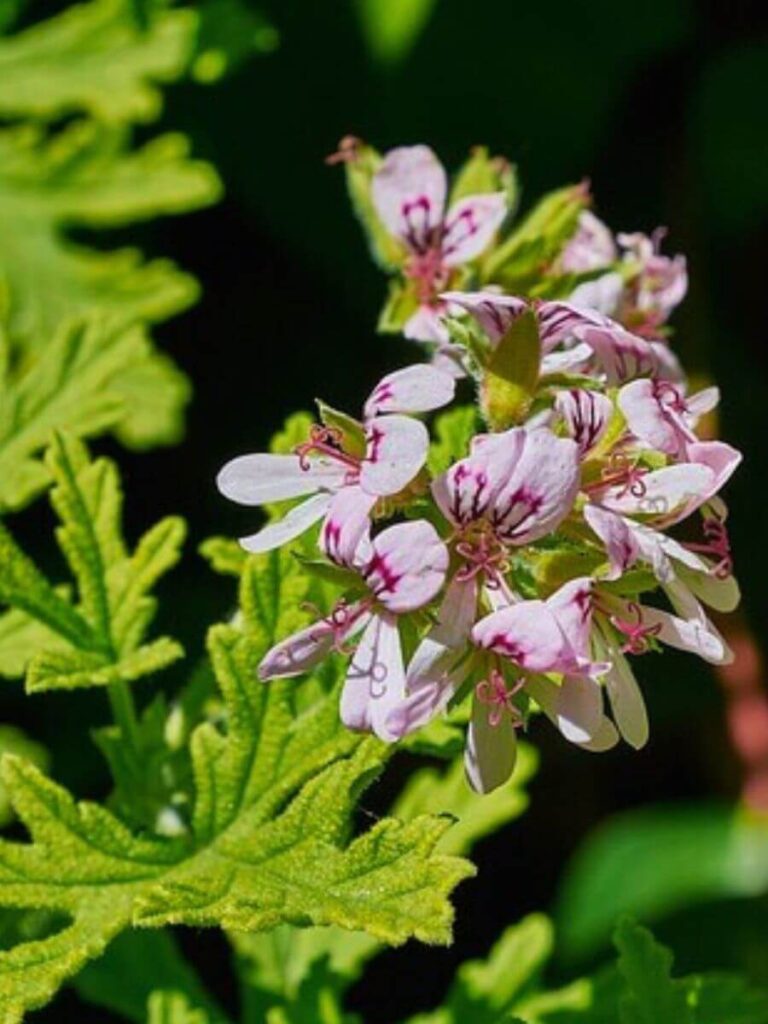
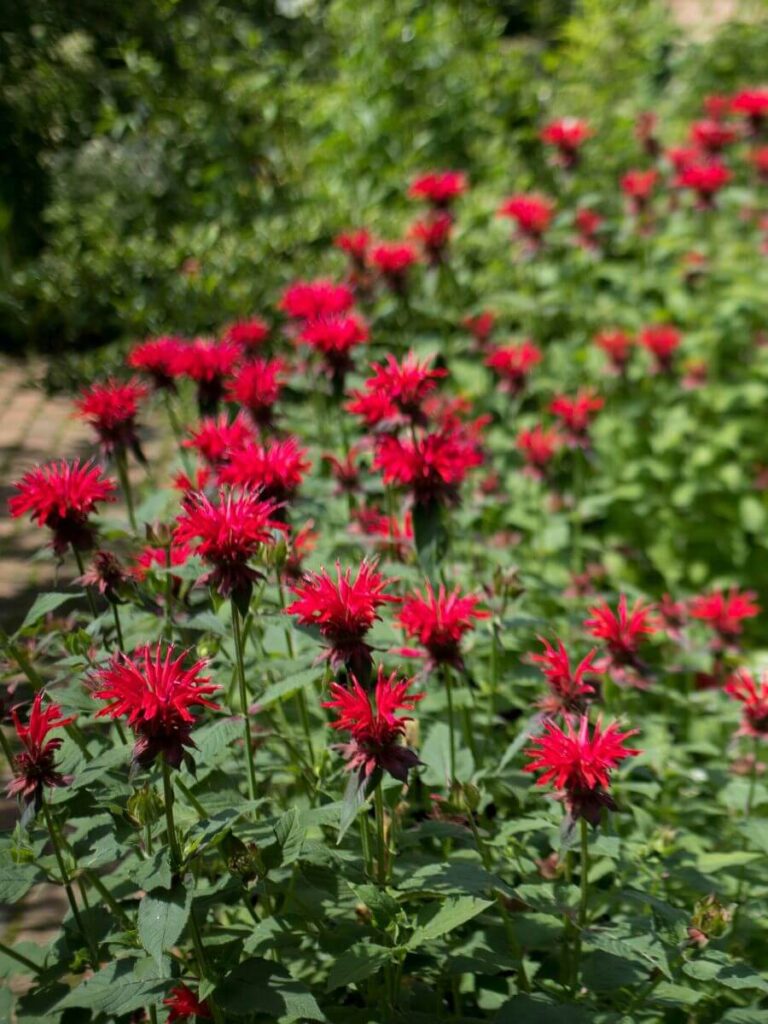
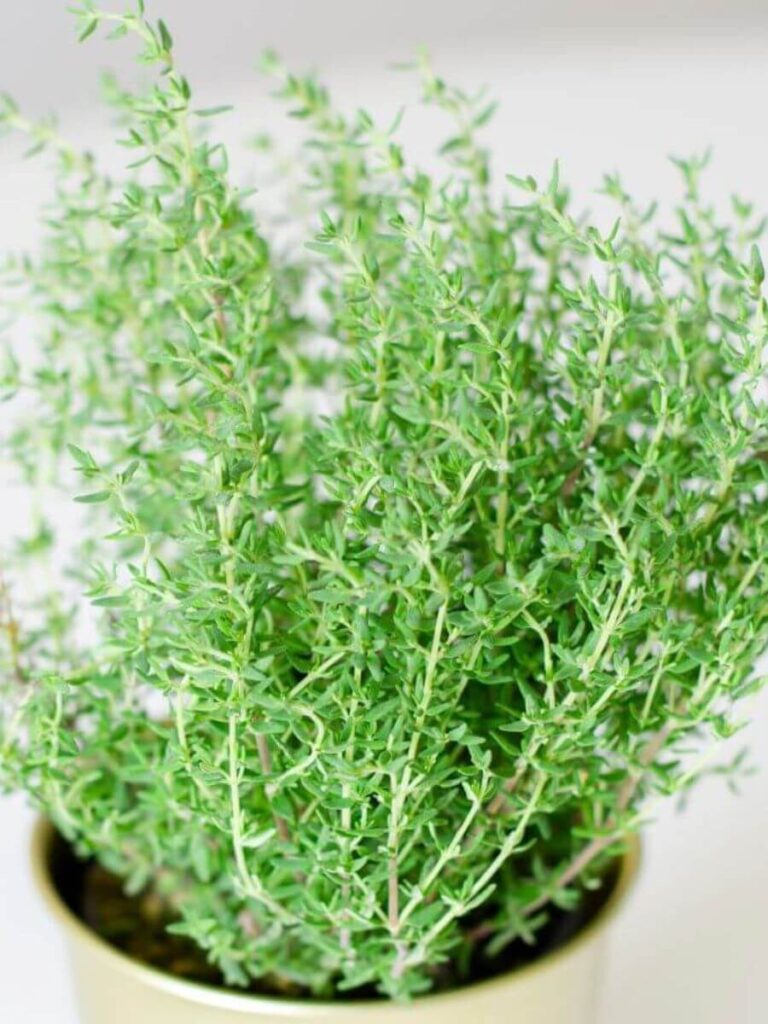
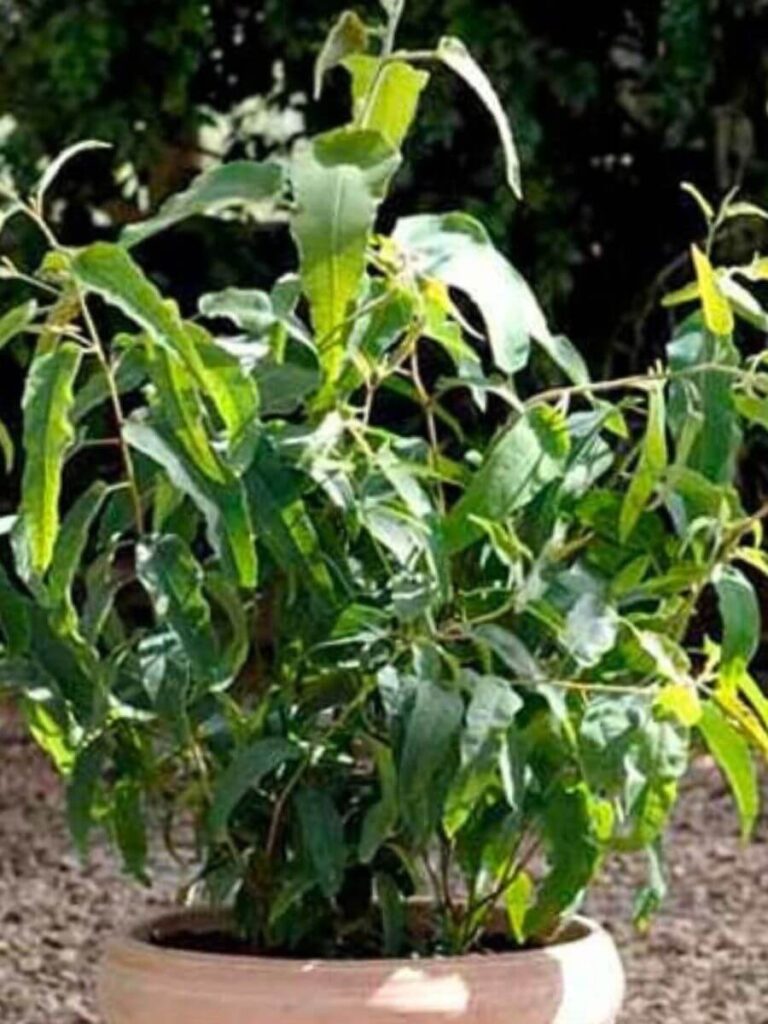
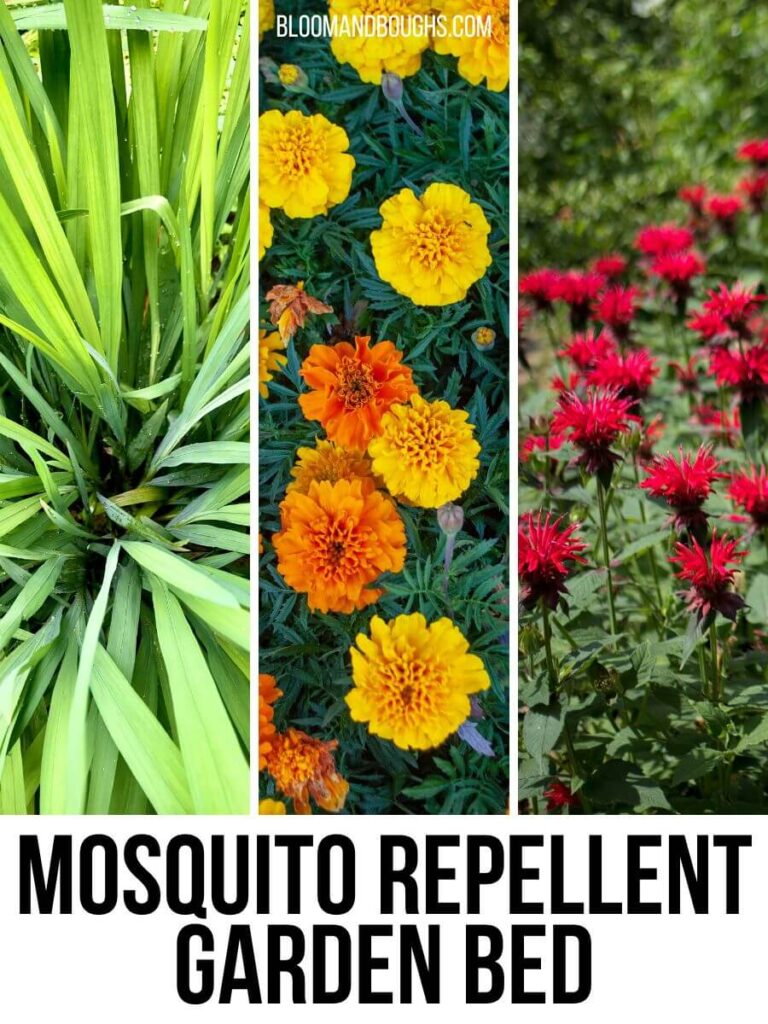

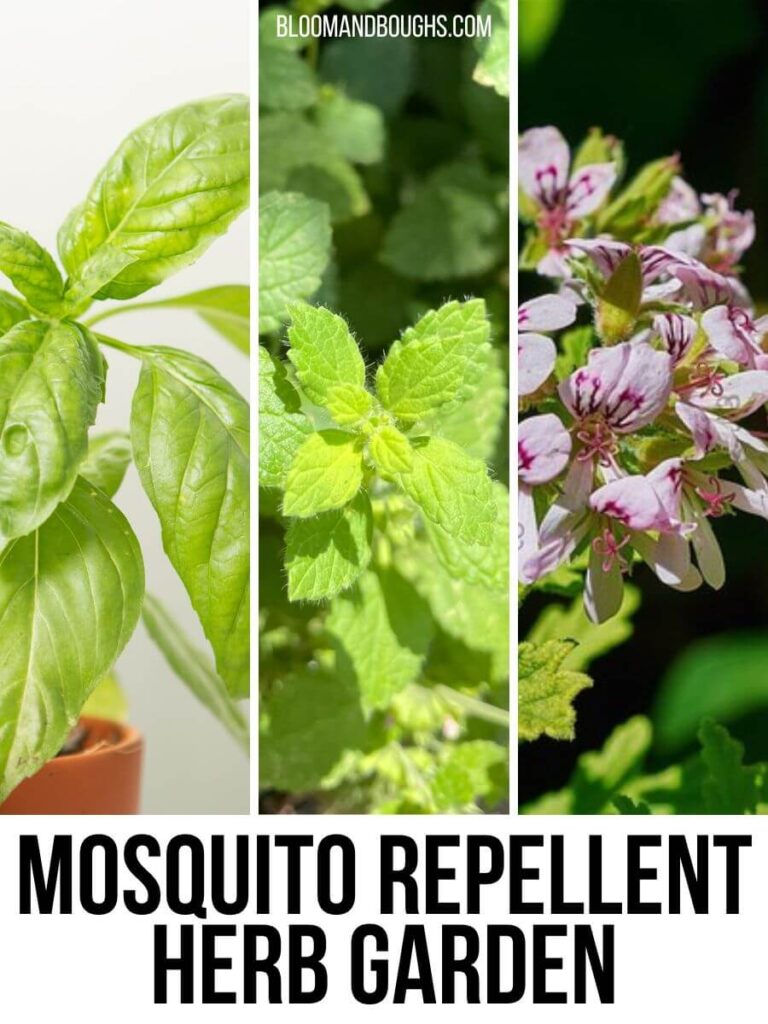
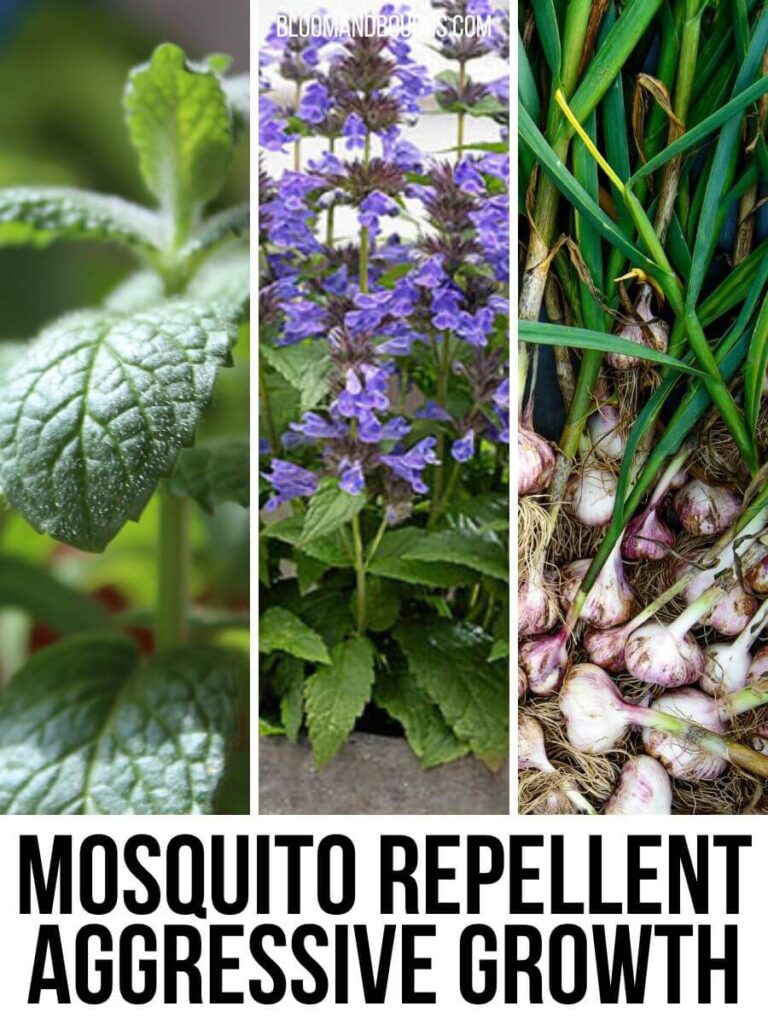

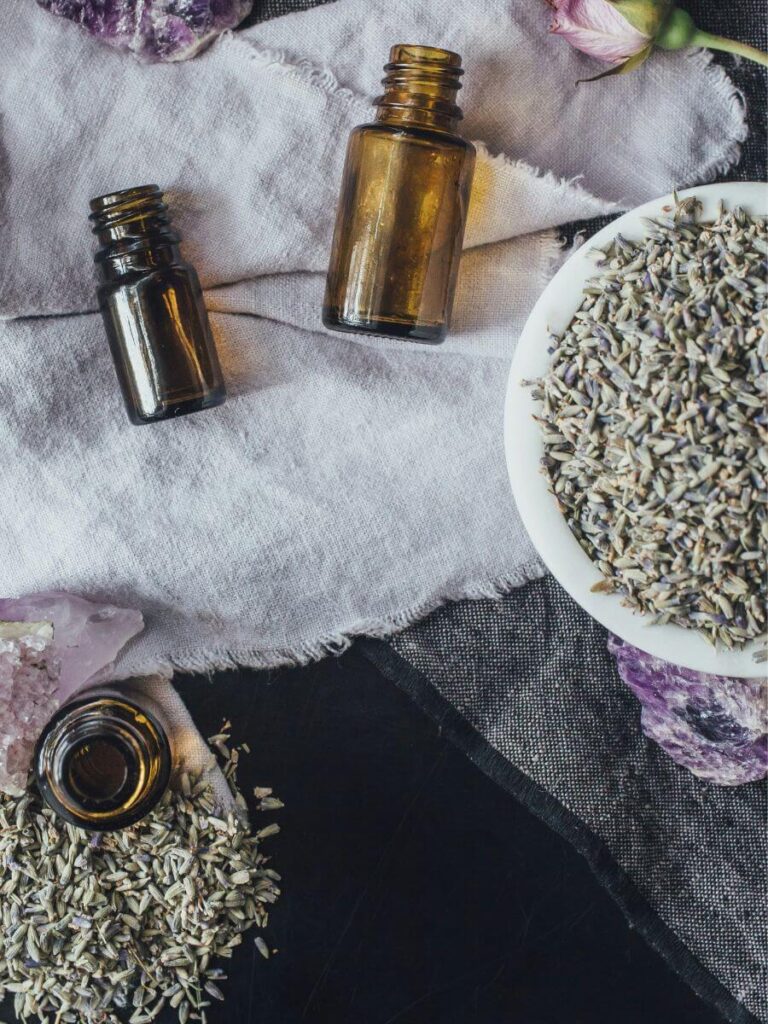

0 Comments